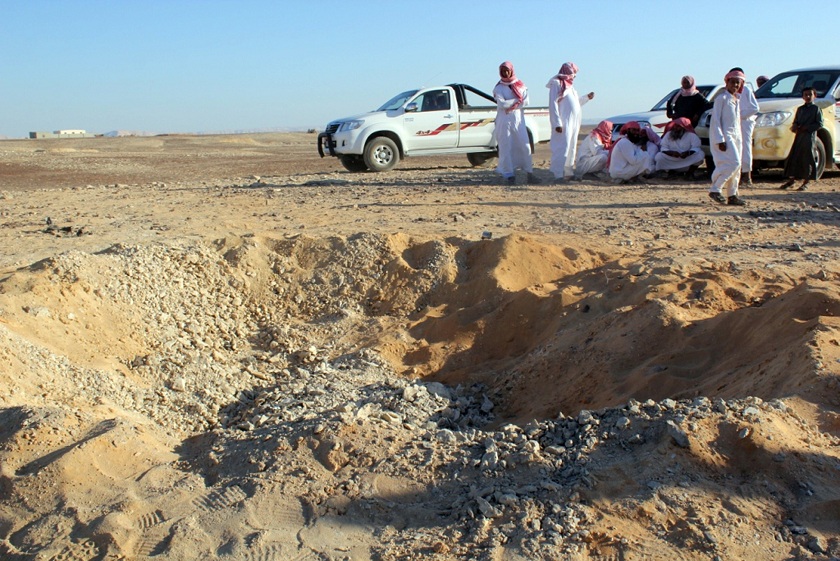CAIRO: The health community is showing mixed support for the debated fatwa allowing organ transplants from the deceased to the living. Though the issue has been discussed for more than 10 years, it was revived in the People s Assembly (PA) this week with a visit from Grand Mufti Aly Gomaa.
One surgeon from a public hospital who wished to remain anonymous told The Daily Star Egypt that though he believed the law was needed, Egypt was not ready yet.
There will be a great amount of corruption, beyond their imagination.
He explaind that Egypt has general management defects and worried that organs would end up being assigned by wastas, or connections, rather than by turn.
Dr. Sherif Hakky, General Surgeon at Kasr El-Aini Hospital agreed that there would be corruption if the law passed right away. We should start working on a database before the law passes, he says, to ensure that the transplant process is controlled by the system, rather than by human elements.
He says legalizing cadaveric organ transplants would save thousands of lives, through liver transplants alone.
The most common transplant would likely be of the liver due to widespread Hepatitis B and C that can eventually lead to the patient s death. Hakky says up to 43 percent of the population is infected. “We need it as soon as possible.
Dr. Hamdy El-Sayed, Head of the Health Committee at the PA and PA Speaker Fathi Sorour have both commented that organ trading has been spreading in Egypt in the absence of the law, with some Egyptian doctors illegally selling organs to Arabs, for example.
It is illegal in much of the world to transplant organs to different nationalities says El-Sayed.
El-Sayed told The Daily Star Egypt that a new law would help regulate illegal organ transplant activity by dealing with corruption cases more strictly. While in the past doctors were fined or disciplined by their hospitals, they could face jail sentences after the new regulations.
“The problem of corruption is everywhere, suggests Medical Director of Salaam International Hospital Dr. Moenes Abul-Atta, adding that Egyptians travel abroad for transplants, particularly to China. He adds that documentation would help to control corruption rather than ignite it.
He explains that livers and kidneys and perhaps cornea transplants could be immediately performed, while heart and lung transplants could perhaps be performed in the future.
Dr. Adel Hosny, Professor of Liver Surgery and Head of Liver Transplantation Department at Cairo University, says doctors have been waiting for 10 years for cadaveric transplants to be allowed: “Doctors are asking to save lives.
He explains the main reason the law has not been passed is due to a small group of doctors in Egypt who do not believe in brain death.
“The religious authorities will approve the concept of brain death [only] if all the doctors agree. He says this group appears in all the meetings and committees concerning organ transplantation.
Despite recent talks in the PA and approval from Al-Azhar and the Ministry of Health, Hosny says he is “not very optimistic that cadaveric transplants will soon be legalized.
He explains that many fronts will need to be addressed for cadaveric transplantation to succeed, including a proper waiting list database, and recruitment and containment centers. Additionally, for people to be willing to donate their organs will require some education. “The concept of donation is not yet understood.
All those interviewed by The Daily Star Egypt agreed that Egyptian doctors were capable and up-to-date, accustomed to performing living to living transplantation (of livers, kidneys, and bone marrow), which Hosny says are even more difficult. He says 430 liver transplants have been performed in Egypt. But Hosny says organ transplantation is “very sophisticated, and requires a long learning curve.
What is currently legal in Egypt is living-related transplants of livers, kidneys, and bone marrow. Sorour has said that it would not be possible to pass the new regulations during this parliamentary session, which ends in July.
Controversy has shelved the issue for nearly ten years in Egypt for disagreements over the definition of brain death, social injustice to the poor, and religious debates regarding the ownership of organs.
Other Muslim countries, such as Saudi Arabia, Jordan, Iran, and Morocco, have been performing cadaveric transplants for years.


